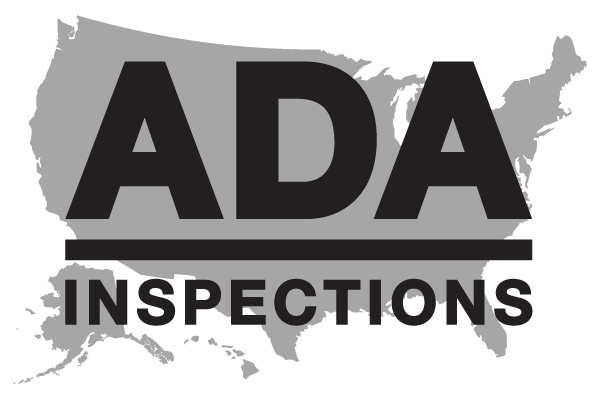Company ADA Compliance Policy and Program - Good or Bad Idea?
Seyfarth Shaw Logo
In a presentation by Seyfarth Shaw a discussion was provided regarding company policies and programs for compliance with the Americans with Disabilities Act (ADA). It appears that not all individuals involved agree that a company ADA compliance policy is a good idea. “Some counsel strongly advise having and enforcing such a policy as an important part of the company’s defense of future claims and desire to ensure that no customer is subjected to discrimination on account of disability. For example, in Mielo v. Steak 'n Shake Operations, the court held that the adoption of a [ADA compliance] policy similar to the three examples offered by Plaintiffs would likely remedy Plaintiffs' alleged injuries, which included “‘training protocols’ intended to ‘ensure’ that Steak 'n Shake's maintenance employees ‘are aware of the ADA's structural requirements and know how to identify access violations for prompt repair’” and “annual ADA-specific inspections to ensure accessibility has been maintained” as opposed to its policy of “performing ADA inspections only in response to complaints brought to the company's attention by patrons.” In other words, companies would benefit by having a pro-active written company policy/program regarding ADA compliance and would require annual inspections to confirm that compliance is maintained, versus having a reactive policy of responding to complaints if and when they surface.
Furthermore, the absence of a policy/program can allow ADA plaintiffs to create “standing” based on the allegation that not having one, or having a bad one, creates a continuing threat of future harm. According to Alliance Defending Freedom, standing is a legal term used in connection with lawsuits and a requirement of Article III of the United States Constitution. Standing limits participation in lawsuits and asks whether the person(s) bringing a lawsuit, or defending one, has enough cause to “stand” before the court and advocate, since not just anyone can go to court for any reason. To have standing, a party must show an “injury in fact” to their own legal interests. In other words, has the party itself “suffered” some sort of actual harm? In constitutional law, this generally refers to one’s legally protected rights and freedoms. If the party cannot show harm, the party does not have standing and is not the right party to be appearing before the court. Just because a party has standing does not mean that it will win the case; it just means that it has alleged a sufficient legal interest and injury to participate in the case.
According to Seyfarth Shaw, “the elements of an ADA compliance program might include adopting a policy, appointing a compliance officer, retaining and working with consultants, and performing regular audits and surveys. One example of what an ADA policy might look like comes from the precedent-setting consent decree entered into between the Department of Justice and Hilton Worldwide, which required Hilton to hire an ADA compliance coordinator to carry out the settlement, select an ADA inspector to survey and verify compliance, appoint point-persons at each hotel to resolve accessibility complaints, and train staff on ADA compliance, among other requirements. Obviously, the elements will vary based on the needs of the franchise system.” See DOJ vs Hilton.
However, there have been cases where not having a company-wide policy works on behalf of the Defendant. In the case of Castaneda v. Burger King Corporation (BKC) the plaintiffs sued BKC after observing only ten (10) of the California franchise restaurants but claiming that all the 92 restaurants leased by BKC should be certified as a statewide class action for injunctive relief under the ADA and sought millions of dollars of damages under California UNRUH Act due to purportedly common violations in each restaurant. In this case Burger King Corporation insisted that the franchisees build out their stores in compliance with disability laws but did not dictate the specifics. Due to the absence of a centralized BKC plan or policy causing such problems, and existence of an actual policy requiring ADA compliance, the court denied class certification. In other words, not having a specific BKC ADA policy/program for all franchisees worked in favor of BKC for this lawsuit.
SUMMARY: The decision to have or not have a company policy/program for ADA compliance will vary by entity. Franchisors may not want to have a specific ADA company policy but individual franchisees, certainly those with multiple locations, should have a company policy/program for ADA compliance. Similarly, independent entities should have a policy/program for ADA compliance, whether they have one or more than one location.
……………………………………………………………………………………………………………………………………………………………………….


